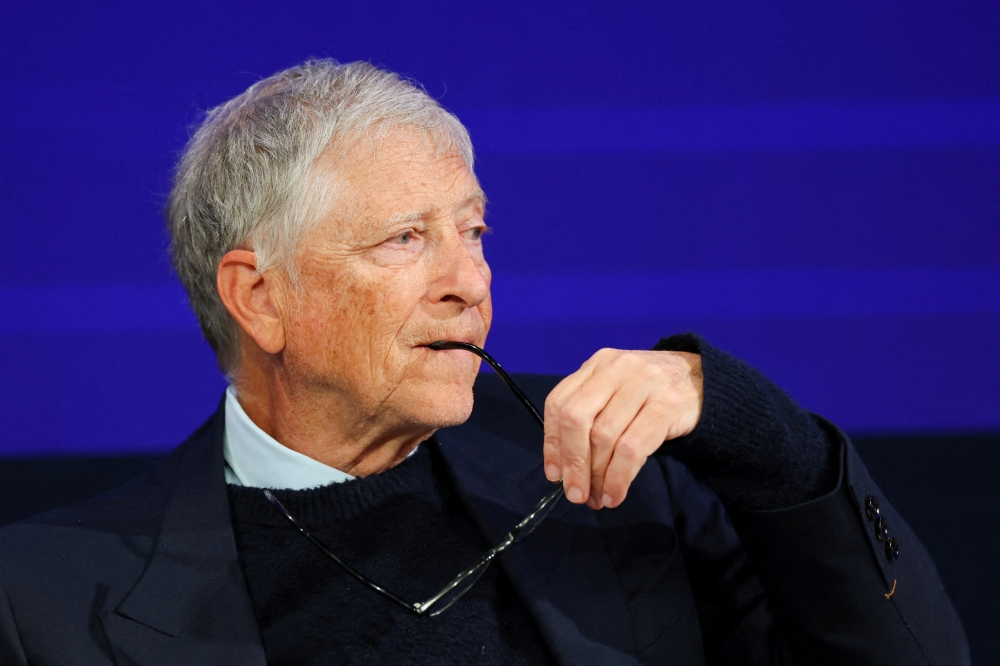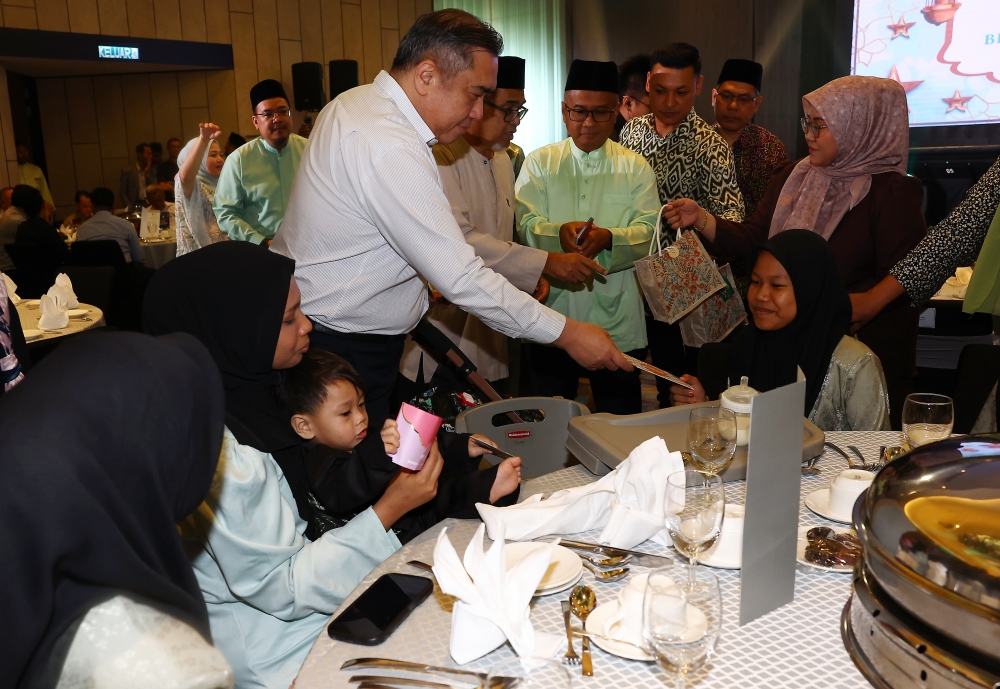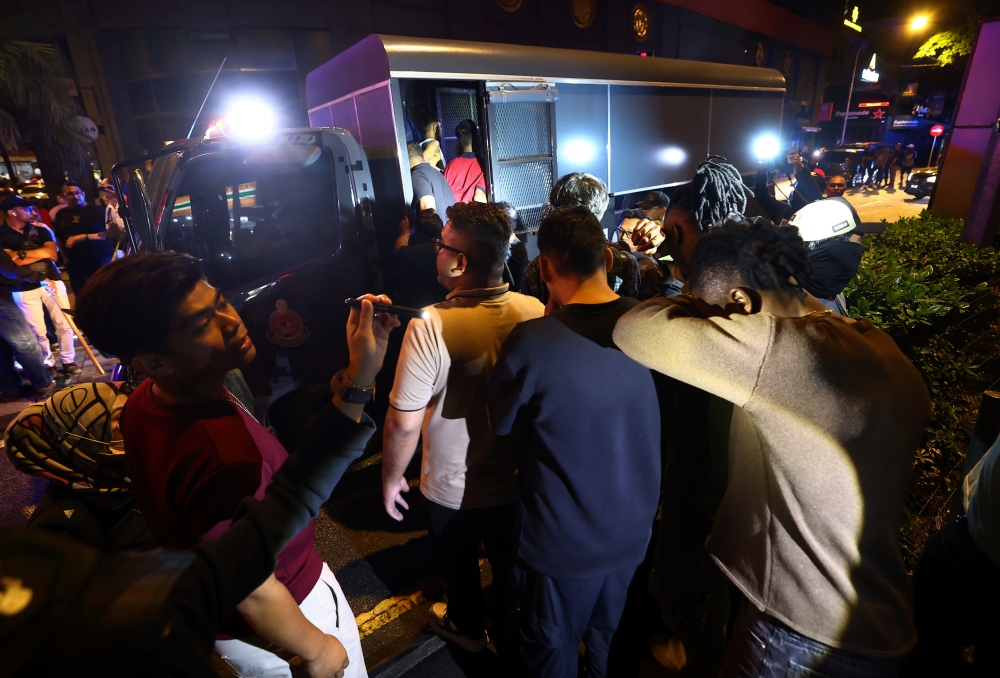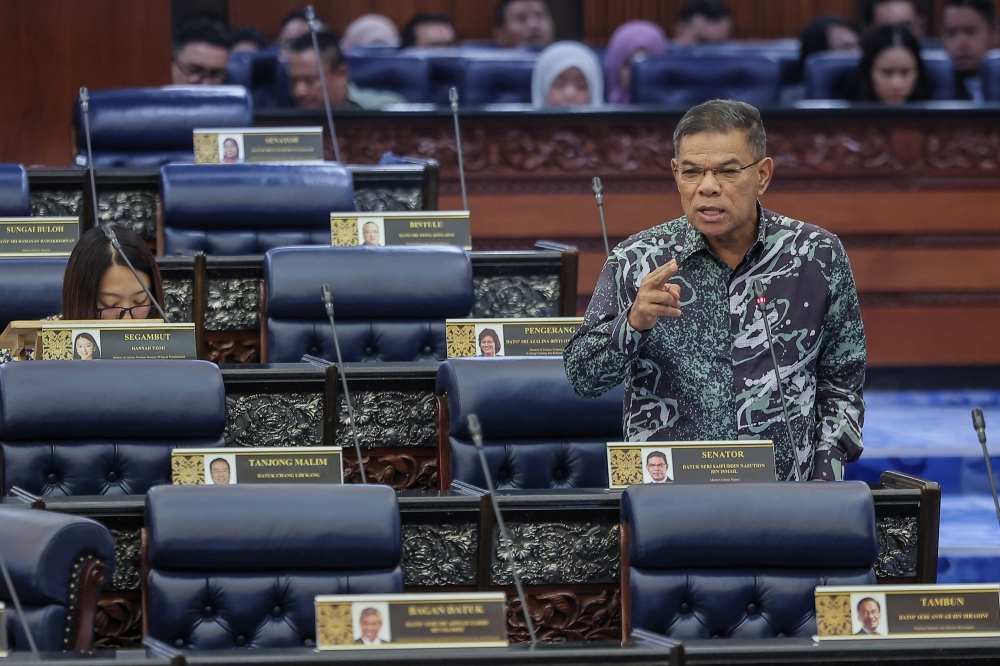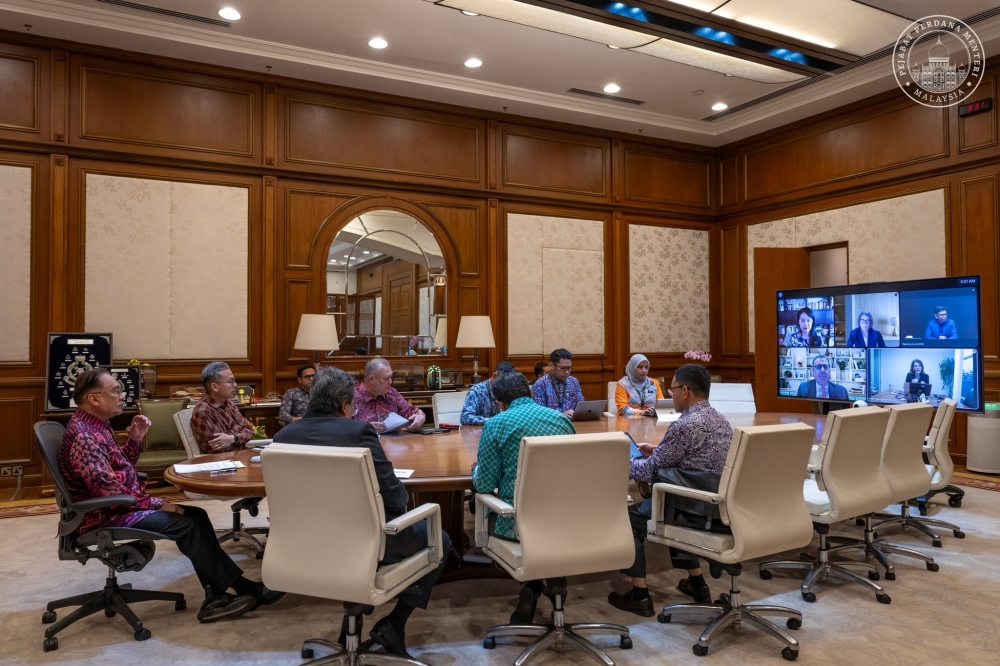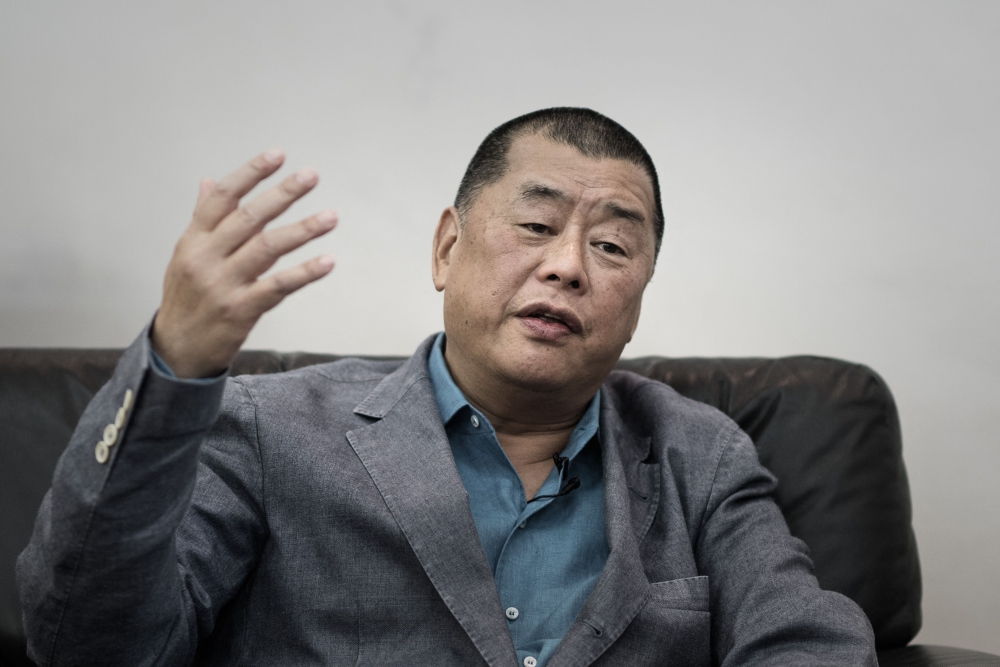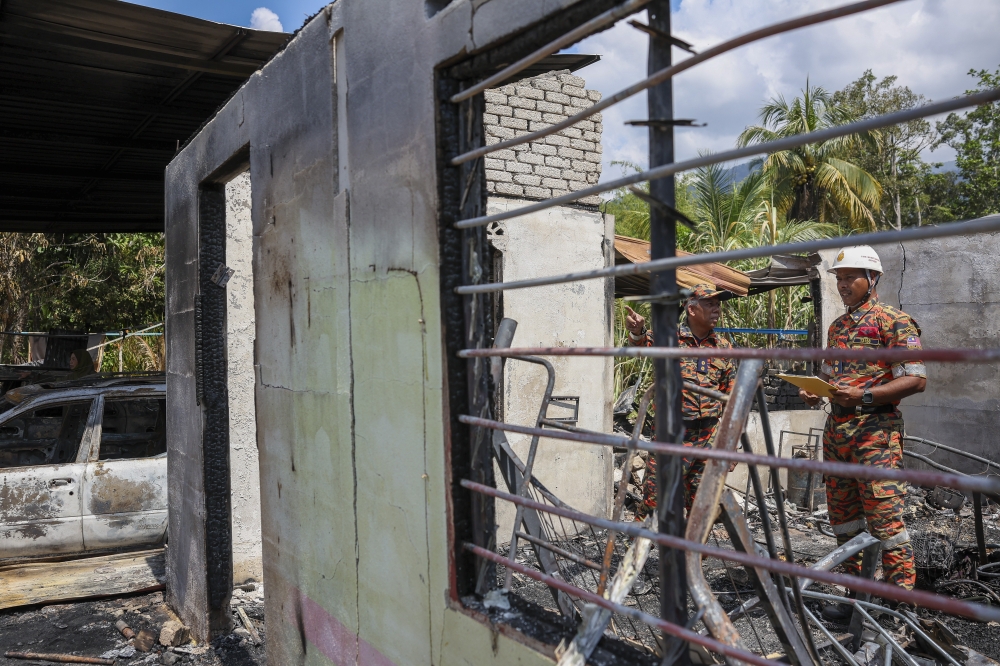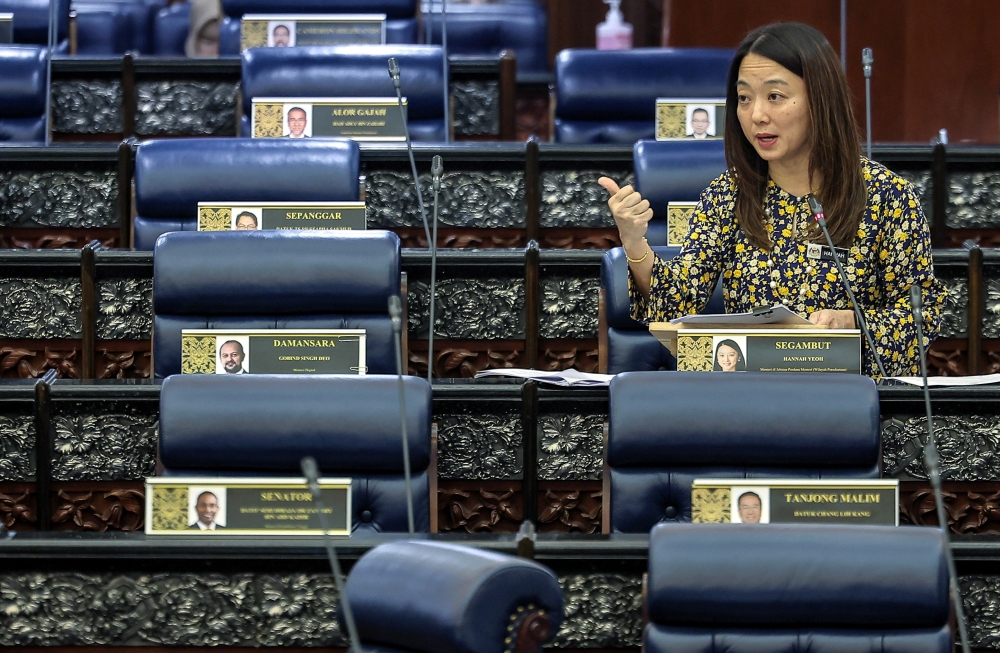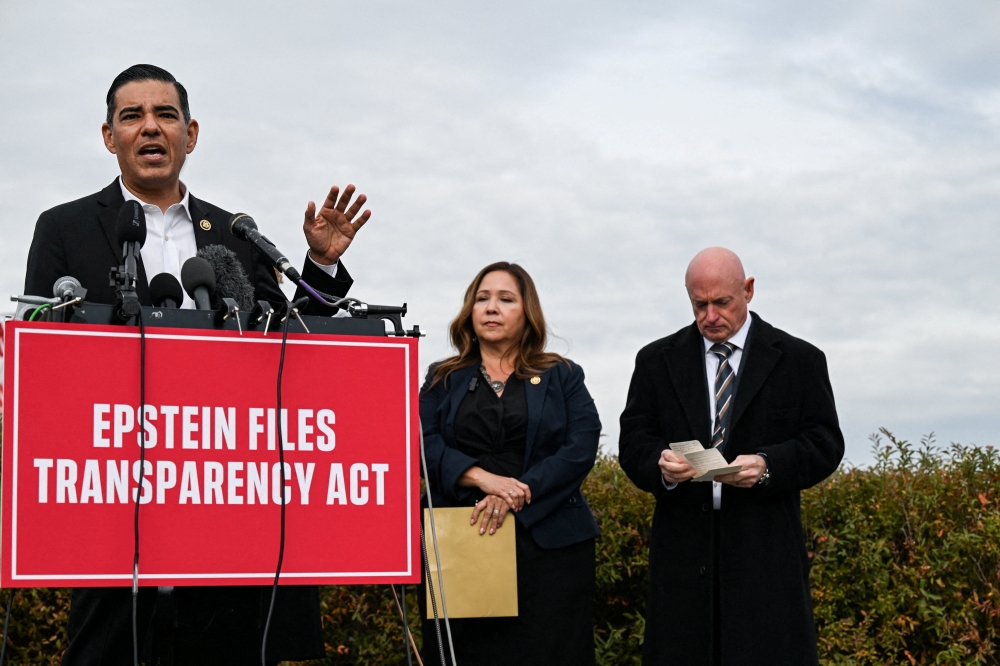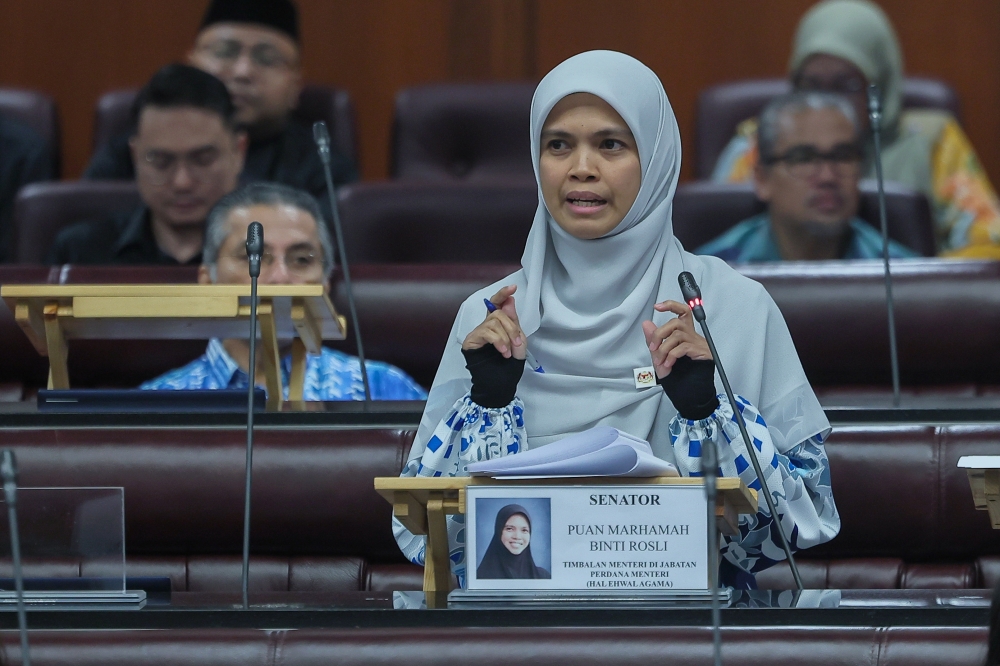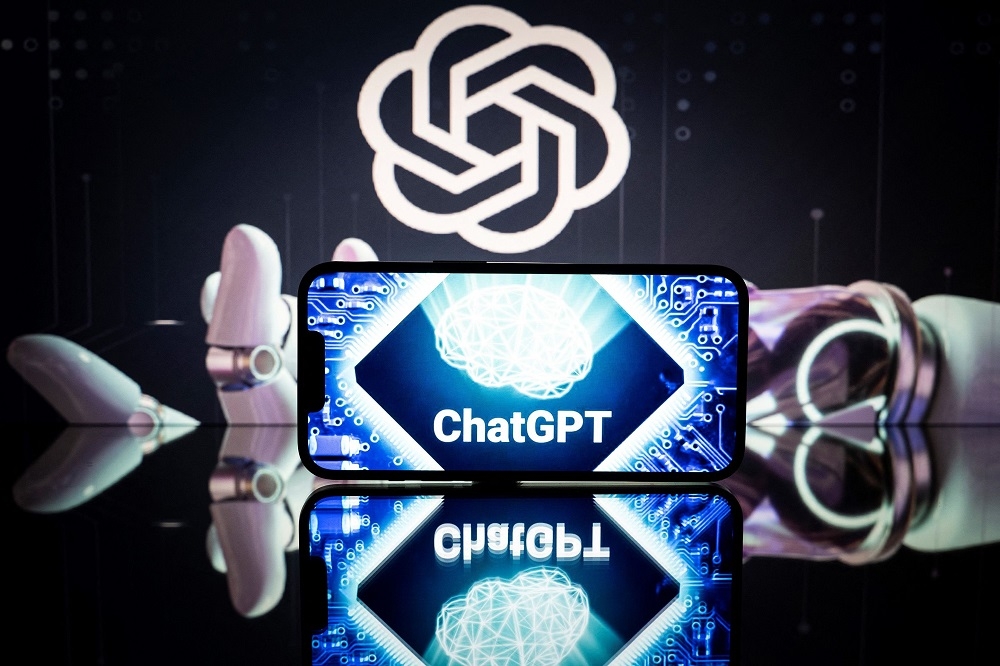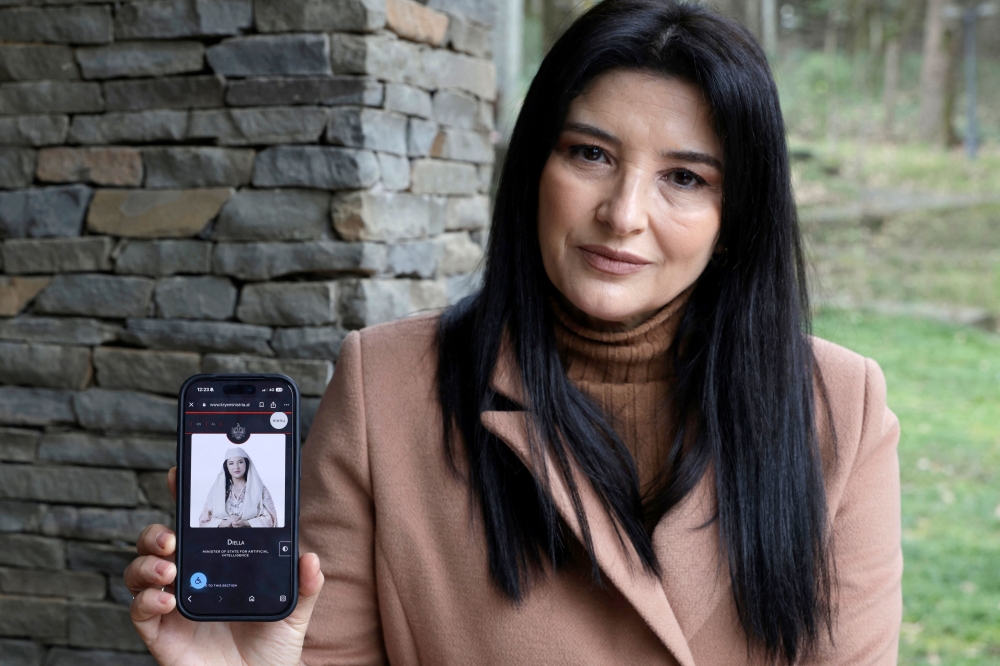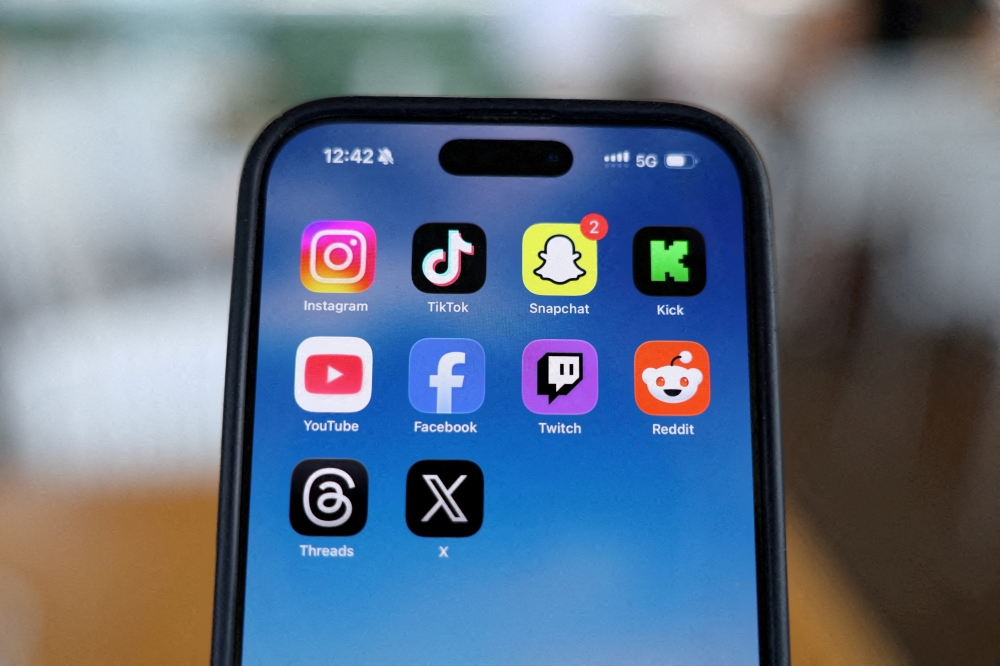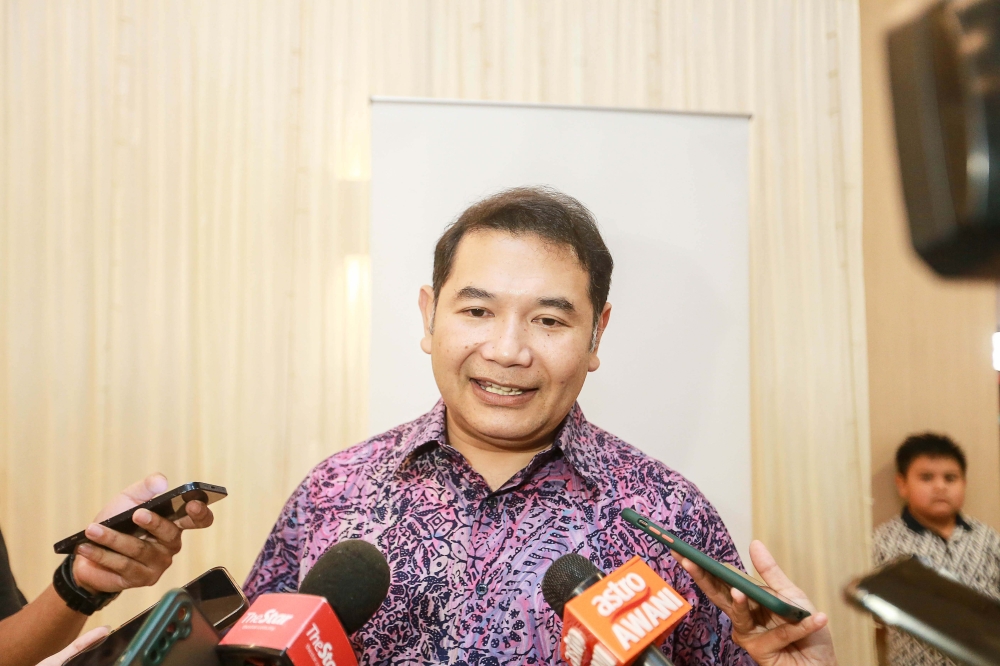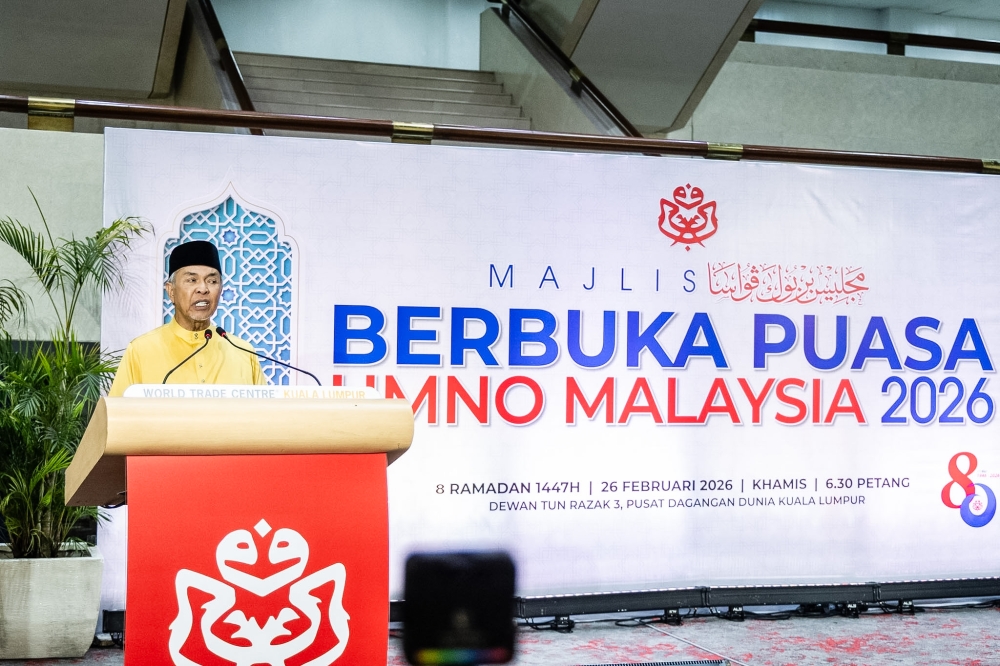PARIS, May 10 — More and more executives, engineers and other specialists in new technologies are raising concerns about the phenomenal progress made in recent months by artificial intelligence, particularly in the development of tools such as the chatbot-style text generator ChatGPT and the image creation service Midjourney.
So are those speaking out just killjoys, or are they important whistleblowers?
One of the latest technology experts to speak out is Geoffrey Hinton, a specialist in artificial neural networks.
This recognised pioneer in artificial intelligence recently left Google and is now alarmed by the unsuspected powers of artificial intelligence.
In an interview with the New York Times, he explains that the future creations of texts or images could have significant consequences, especially in terms of disinformation.
The main risk is that soon no one will be able to distinguish the real from the fake among the mass of content and information being produced.
Fatalistically, he even appears to regret some of his work. He now calls on politicians to legislate before the situation gets out of hand.
Speaking again to the New York Times, Lina Khan, head of the Federal Trade Commission (FTC) in the United States, one of whose main missions is to enforce consumer rights, also calls for the regulation of these new technologies.
Meanwhile, in March, hundreds of tech industry figures, including Elon Musk (SpaceX, Tesla and Twitter), Steve Wozniak (co-founder of Apple), and leading figures in artificial intelligence signed a statement calling for a halt, for at least six months, to experiments and training of systems even more powerful than the GPT-4 multimodal language model.
It should be noted that even before the rise of ChatGPT, artificial intelligence was already a source of tension.
For example, Blake Lemoine, an engineer at Google was fired in July 2022 after having expressed fears, in a blog post, that the new generation of language and conversation features called LaMDA (for Language Model for Dialogue Applications) would be “conscious.”
Note that LaMDA is now the main engine of Bard, Google’s alternative to ChatGPT.
All these testimonies come at a time when many professional sectors are being directly impacted by the rise of ChatGPT, with a host of jobs being threatened, causing some people to experience a new form of anxiety directly related to this artificial intelligence.
But there are still more optimistic voices out there, such as that of Mira Murati, the chief technology officer of OpenAI (ChatGPT), for whom artificial intelligence could be a source of phenomenal progress in the future, in fields as complex as climate change or medicine.
Faced with such technological upheaval, it is undoubtedly high time to question the benefits but also the potential dangers of artificial intelligence.
Especially if even those who are at the origin of this technology are expressing concerns about its rise. — ETX Studio


